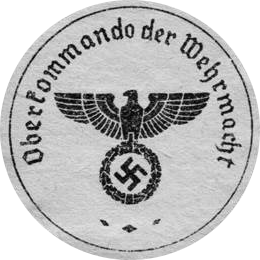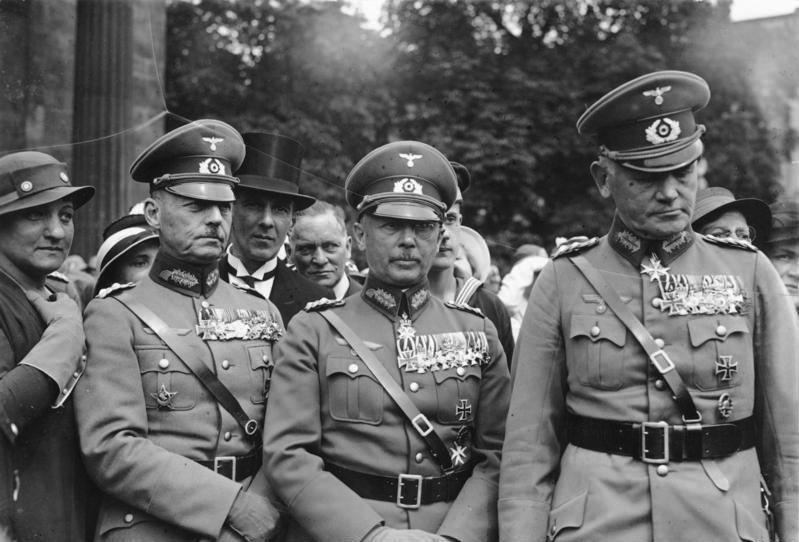Far from solving Germany's raw-material problems, as many historians have
assumed, [47] the booty from the new conquests provided only temporary relief and
actually made the long-term situation much worse. The Reich was now cut off
from much of its remaining overseas trade, a large part of which had come in via
neutrals such as Italy and the Netherlands. As a result, German overseas exports
plummeted from 222,100 tons in March to 7,600 tons in May. [48] Meanwhile, the
conquered territories only added to the growing demand. Based on 1938 figures,
Greater Germany and its sphere of influence lacked, among other items, 500,000
tons of manganese, 3.3 million tons of raw phosphate, 200,000 tons of rubber, and
9.5 million tons of oil! [49] Conservation and synthetics could make up only some of
the difference. [50] The logical choice to take up the rest of this slack was the USSR,
but it remained unwilling and increasingly unable (what with its own military
buildup) to provide the enormous amounts required by the Germans. [51]
That left a third option, an attack on the Soviet Union, the strategy Hitler, for
ideological reasons, preferred anyway. Hitler believed that demolishing the
Bolshevik state "would be like a child's game in a sandbox" [52] and would
essentially solve his remaining strategic and economic problems. Germany would
secure the raw materials it wanted so badly but was increasingly unlikely to get
through trade. Japan would be encouraged to attack the United States. And
England would be left completely isolated; it would be forced to surrender.


